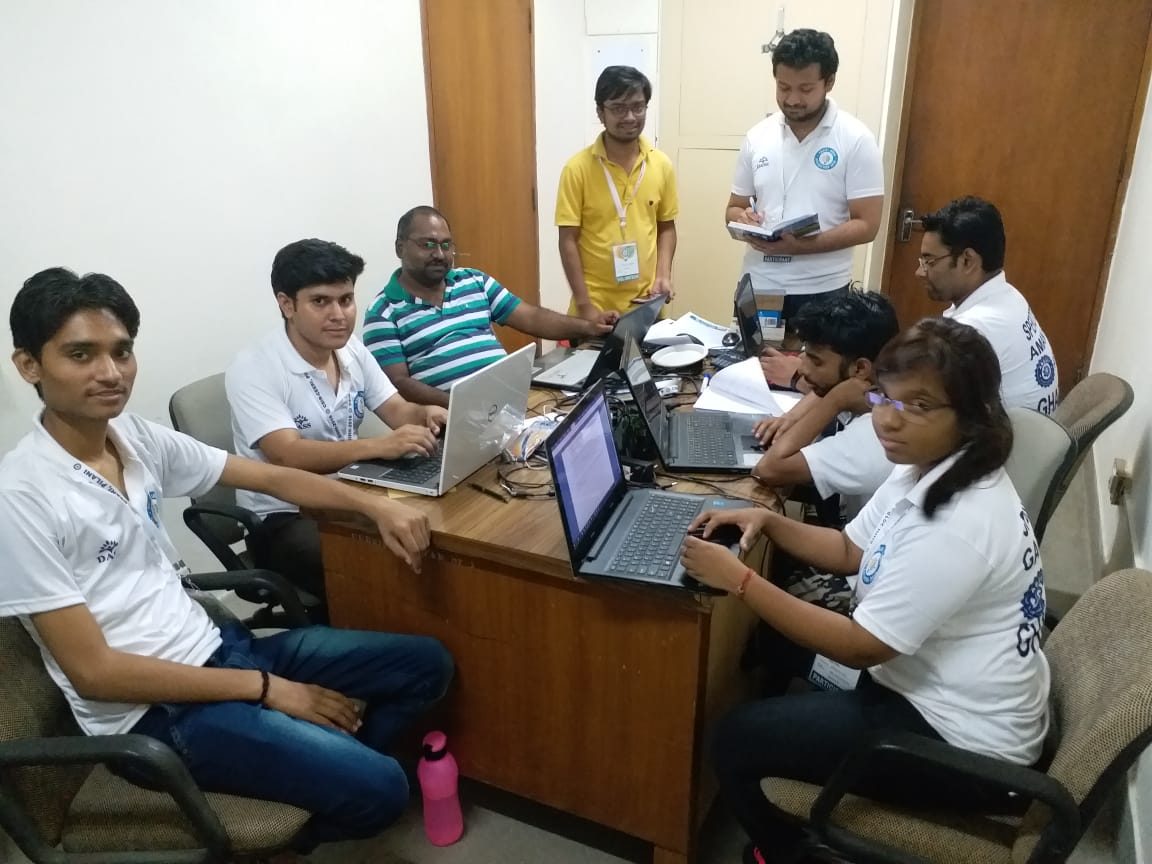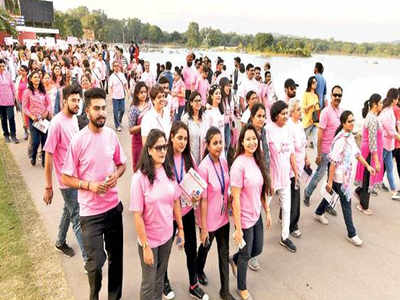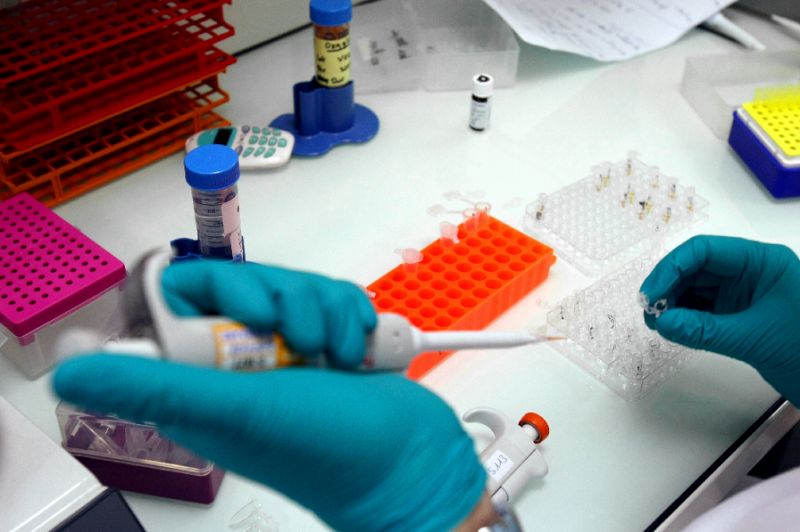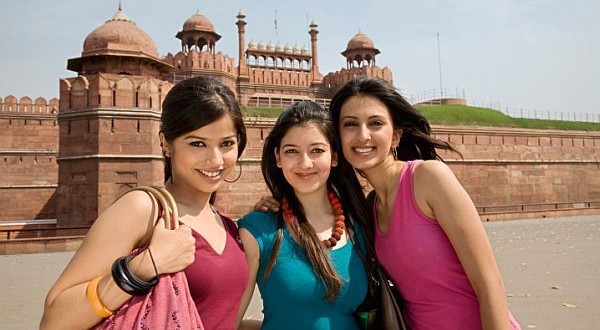New Delhi| Health Live
Students, showcasing their talents, developed new technologies while improving upon the existing ones to ease work processes at a hackathon organised at the CISR-SIRI, Pilani.
The theme of this hackathon is “smart communication”, director of CISR-SIRI Prof Shantanu Chaudhury said. Countries Best Talent are participating in this event. these innovations will change Hardware, as well as software, featured at this hackathon.
Three of the teams out of 13 that reached the grand finale of the hackathon were from Delhi-NCR.
City Air Pollution Tracker
The pollution levels in some areas of Delhi-NCR reach alarming levels during the peak hours of vehicular traffic. Recently, dust storms engulfed the whole of northern India, resulting in a 10-fold increase in pollution levels in Delhi-NCR. A device developed by the students of the ABES Institute of Technology Ghaziabad enable a user to know which areas are the worst affected by making a phone call. With this information, the user can avoid the worst off routes on his way to work. They call it an air pollution tanker.
This model developed by the Engineering students of the third year at the Ghaziabad secured a position in the grand finale of the SIRI Hackathon. Students informed the visitors at the event that this tanker could be installed in different parts of the city. The censor of the device, they said, collect pollution-related data and despatch the same to a central computer which, in turn, is connected to a mobile application. The end user gets the relevant information using this app.
The tracker can be charged using solar panels, too. Its lasts six times the longevity of existing sensors. Srinivas, Aditya Singh, Aman Raj, Abhishek Shukla, Abhishek Chandra Pandey and Gargi Sinha are the students of ABES Institute of Technology who have developed this model.
Your luggage will now stay secure at airports

The news of air passengers losing their luggage at airports surface often. In 2017 alone, 34 such cases were reported from the Delhi airport. Students of the Bharatiya Vidyapeeth College of Engineering and Technology have developed an airport baggage tracking system. A radio frequency identification device makes the process of detection easy, as it reads the data embedded into the unique numeric tag of every piece of baggage and thus is able to make out its location.
Details of the location can be transmitted, using a gadget or an app, to the airport authorities and passengers who have lost their luggage. If the piece of baggage is stolen or taken away to some location by mistake, the owner of the object(s) is informed immediately. Some students of the said institution’s students of electronics and communication — Harshit bansal, Divyansh Malhotra, Atul Kumar, Samarjit Kaur, Bhavna Chhaglani and Shivam Kumar Mehra — have developed this device.
QR Code scanners at toll plazas
 In an attempt to relieve the toll plazas of traffic congestion, and find an alternative to the expensive RFID card system, students of the Noida-based JSS Academy of Technical Education developed a QR Code scanner. These participants at SIRI Hackathon 2018 said that the scanner could work with the help of a stickers on vehicles or by means of a mobile app. This would, they said, help maintain unmanned toll plazas.
In an attempt to relieve the toll plazas of traffic congestion, and find an alternative to the expensive RFID card system, students of the Noida-based JSS Academy of Technical Education developed a QR Code scanner. These participants at SIRI Hackathon 2018 said that the scanner could work with the help of a stickers on vehicles or by means of a mobile app. This would, they said, help maintain unmanned toll plazas.
The number assigned to a vehicle would obviously be unique. The number would convey to the authority concerned the entire information he had submitted to the transport office at the time of registration of the vehicle and issuance of the driving licence. The scanner technology thus serves, the students said, the purpose of security as well.
Those travelling on a fixed route could be assigned one QR Code at the plaza while new users will have the option of downloading the app, generating a code using the app any time and getting clearance from the toll check post.
This scanning takes as little as two to six seconds, thereby clearing the traffic fast. The JSS Academy of Technical Education students Utkarsh Shukla Mrityunjay Mishra, Jyoti Shishodia, Shivangi Tripathi and IT department’s Aman lalwani and Computer Science department’s Shivangi Kumar have developed this scanner.
Smart India Hackthon 2018
 HRD Minister Prakash Javdekar briefed in a video conference that Hardware Hackathon, 4362 team ideas were received with participation from 50000+ students across 752+ technical institutions. After two internal rounds of evaluations with support from industry experts, 106 teams have been shortlisted to compete under the 10 themes in the SIH2018 Hardware edition Grand Finale. Grand Finale is a five-day event and will take place simultaneously at 10 prestigious institutions (Nodal centers) across India – IIT Kanpur (Drones theme), IIT Kharagpur (Agriculture theme), IIT Guwahati (Rural Technology theme), CEERI Pilani (Smart Communication theme), CSIO Chandigarh (Healthcare theme), IISc Bengaluru (Smart Vehicles theme), IIT Roorkee (Clean water theme), NIT Trichy (Waste Management theme), COEP Pune (Security theme), and Forge Coimbatore (Import Substitution theme). Grand Finale will be judged by industry experts and investors. The top three teams under each theme will stand to win cash prizes – Rs 1,00,000/- to Winning team, Rs 75,000/- to First Runner up team and Rs 50,000/- to Second Runner up team. They may also get support from investors who are willing to invest in the products and make them market ready.
HRD Minister Prakash Javdekar briefed in a video conference that Hardware Hackathon, 4362 team ideas were received with participation from 50000+ students across 752+ technical institutions. After two internal rounds of evaluations with support from industry experts, 106 teams have been shortlisted to compete under the 10 themes in the SIH2018 Hardware edition Grand Finale. Grand Finale is a five-day event and will take place simultaneously at 10 prestigious institutions (Nodal centers) across India – IIT Kanpur (Drones theme), IIT Kharagpur (Agriculture theme), IIT Guwahati (Rural Technology theme), CEERI Pilani (Smart Communication theme), CSIO Chandigarh (Healthcare theme), IISc Bengaluru (Smart Vehicles theme), IIT Roorkee (Clean water theme), NIT Trichy (Waste Management theme), COEP Pune (Security theme), and Forge Coimbatore (Import Substitution theme). Grand Finale will be judged by industry experts and investors. The top three teams under each theme will stand to win cash prizes – Rs 1,00,000/- to Winning team, Rs 75,000/- to First Runner up team and Rs 50,000/- to Second Runner up team. They may also get support from investors who are willing to invest in the products and make them market ready.
The HRD ministry is also working closely with the department of science and technology to explore the possibility of hand holding the winning teams for creating start-ups with the support from various Technology Business incubators (TBIs) across India. Attempts are also being made to explore new avenues of additional funding post Grand Finale for some of the most promising innovations.










